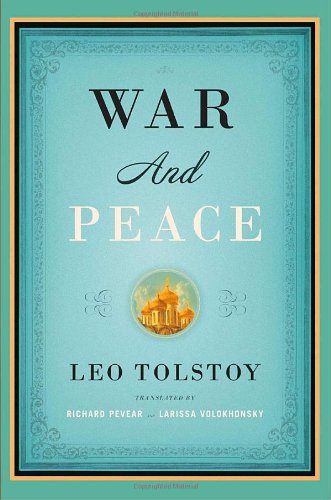As I alluded in my Reading Resolutions post last week, you can expect more posts on extremely long, heavy, doorstop quality book in the coming year. Even as recently as last night, while I blazed through a short, excellent novel, I questioned my motivation for this undertaking. I read constantly and I generally feel that I read "enough," so that's not the reason. I'm also someone who gets an immense amount of satisfaction from finishing a book and crossing it off a list, so a 1,000-page novel is not the most efficient way to satisfy this need.
Part of it is certainly an ego thing; I consider myself to be well-read and I even take the time to maintain a blog about my reading habits, so I'm going to read the books that I know I, of all people, should be reading. I've also had the good fortune of generally being really pleased with any long novel I've taken the time to finish, so I don't feel like I'm undertaking something completely unpleasant. And finally, I have always read many different books at once, so by committing to a long novel, I'm not necessarily giving up all other, shorter books in the meantime; I'll just be spending less time with those.
I kicked around a few different ideas before finally settling on War and Peace. I've never read Atlas Shrugged and I sort of want to, but I don't want anyone to mistake me for an actual, literal Ayn Rand fan. I also thought about Infinite Jest, but in some ways it feels wrong to undertake such a modern behemoth when there are many older, canonical books still going unread by me. I read Anna Karenina with my book club two years ago and really loved it (more on that in a future post), and as far as extremely long classics go, War and Peace is definitely genre-defining. Plus it's cold and snowy outside, so a Russian novel seems more appropriate than, say, In Search of Lost Time, which feels very springy to me. Maybe I'll take on that challenge if me and War and Peace make it through winter together. If nothing else, I'm motivated by the fact that the enormous novel is essential to the structural integrity of a half-full bookshelf designated for Russian literature (half-full because I hate Russian literature but feel a sense of obligation to keep trying).
I hope some of you will be equally motivated and try reading along with me. Expect a post on War and Peace every Wednesday until I finish it (even if that means I have to write a post in which I admit I read none of it because I had too many episodes of 'The Fosters' to get caught up on).


